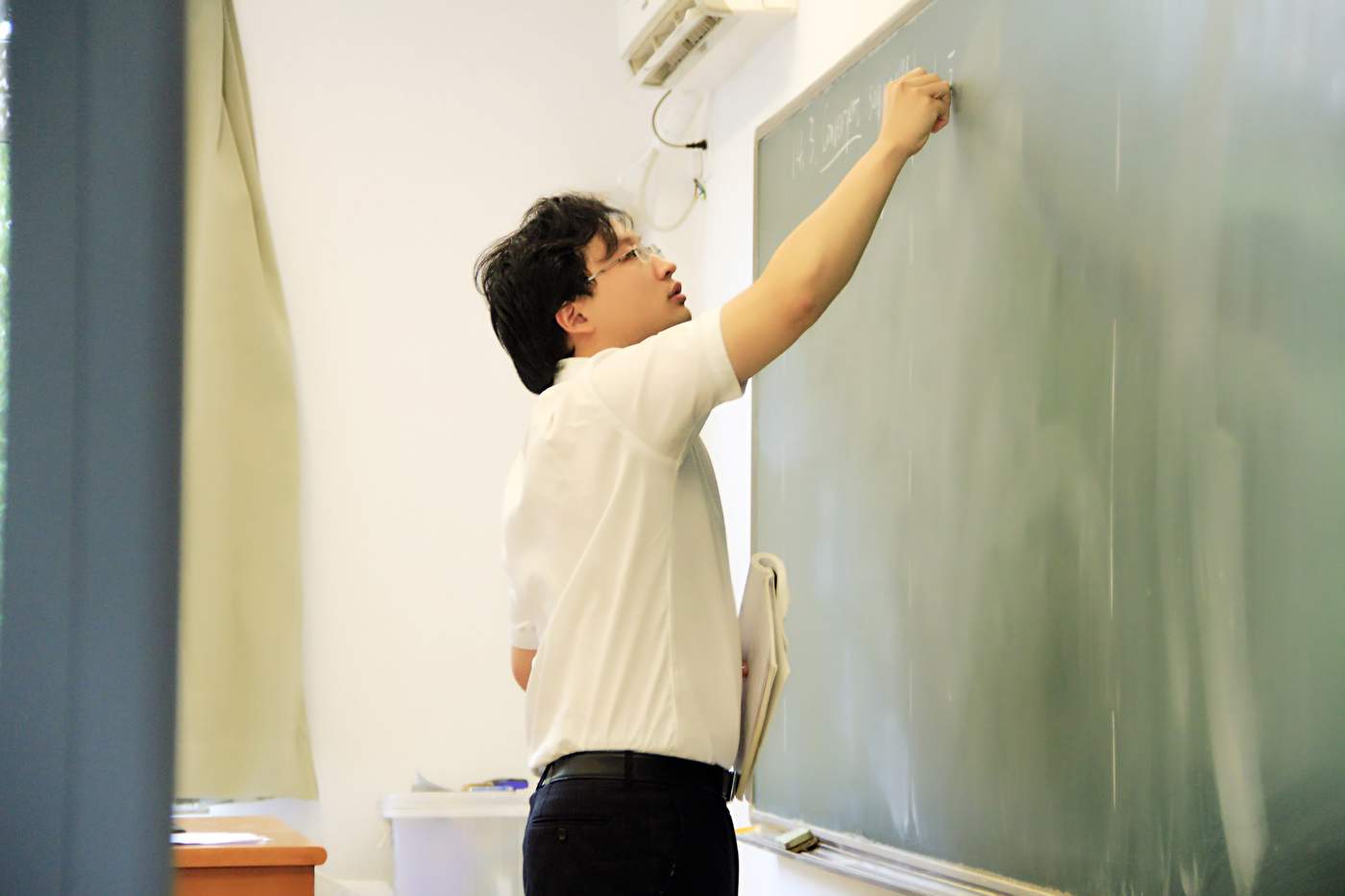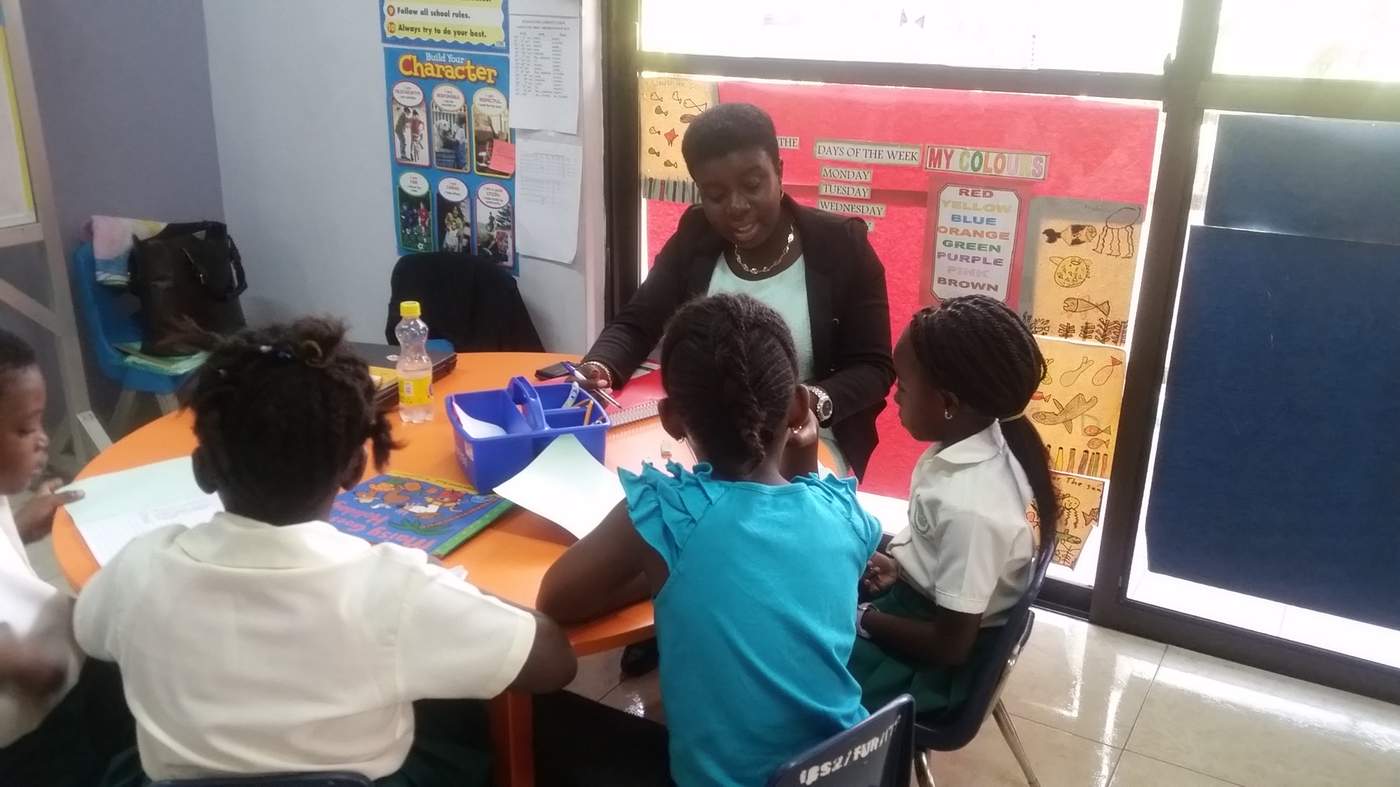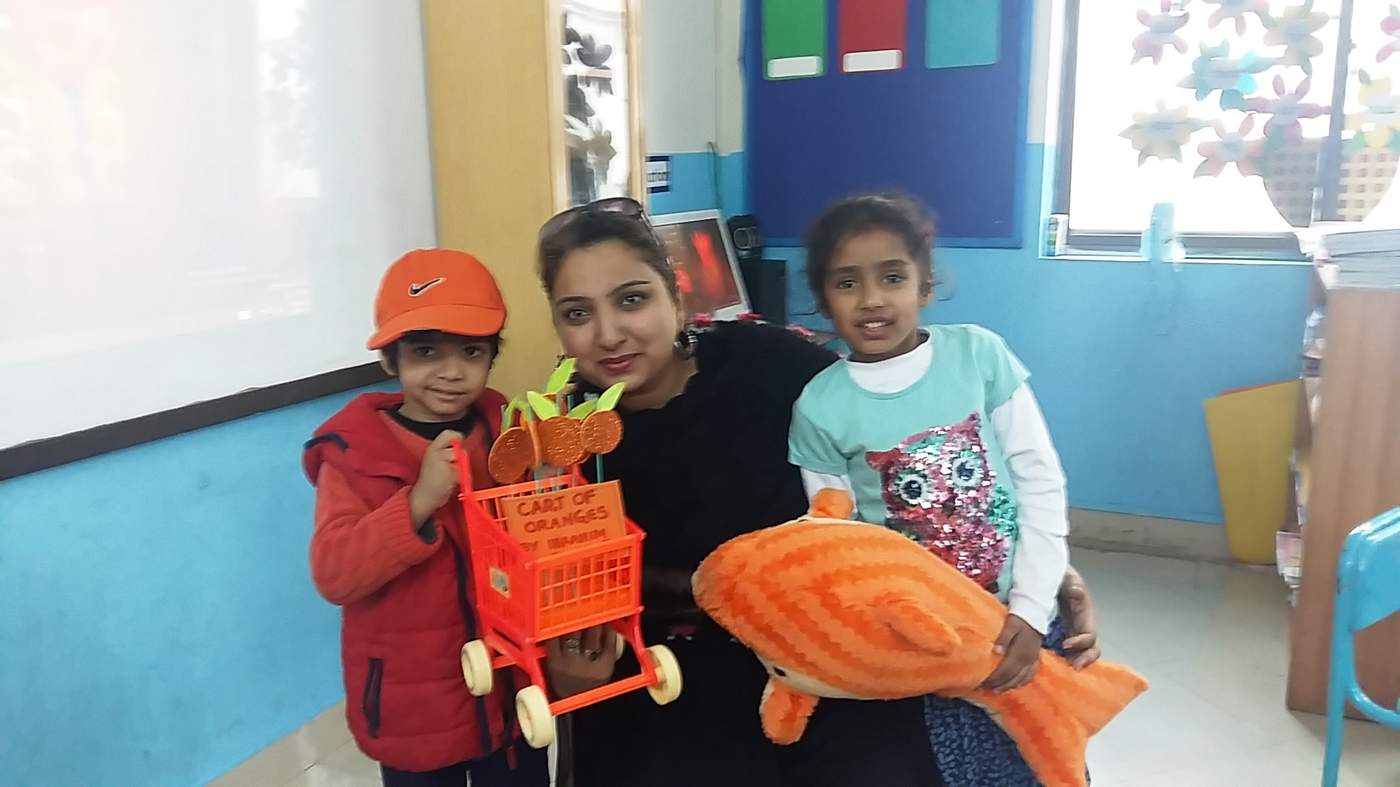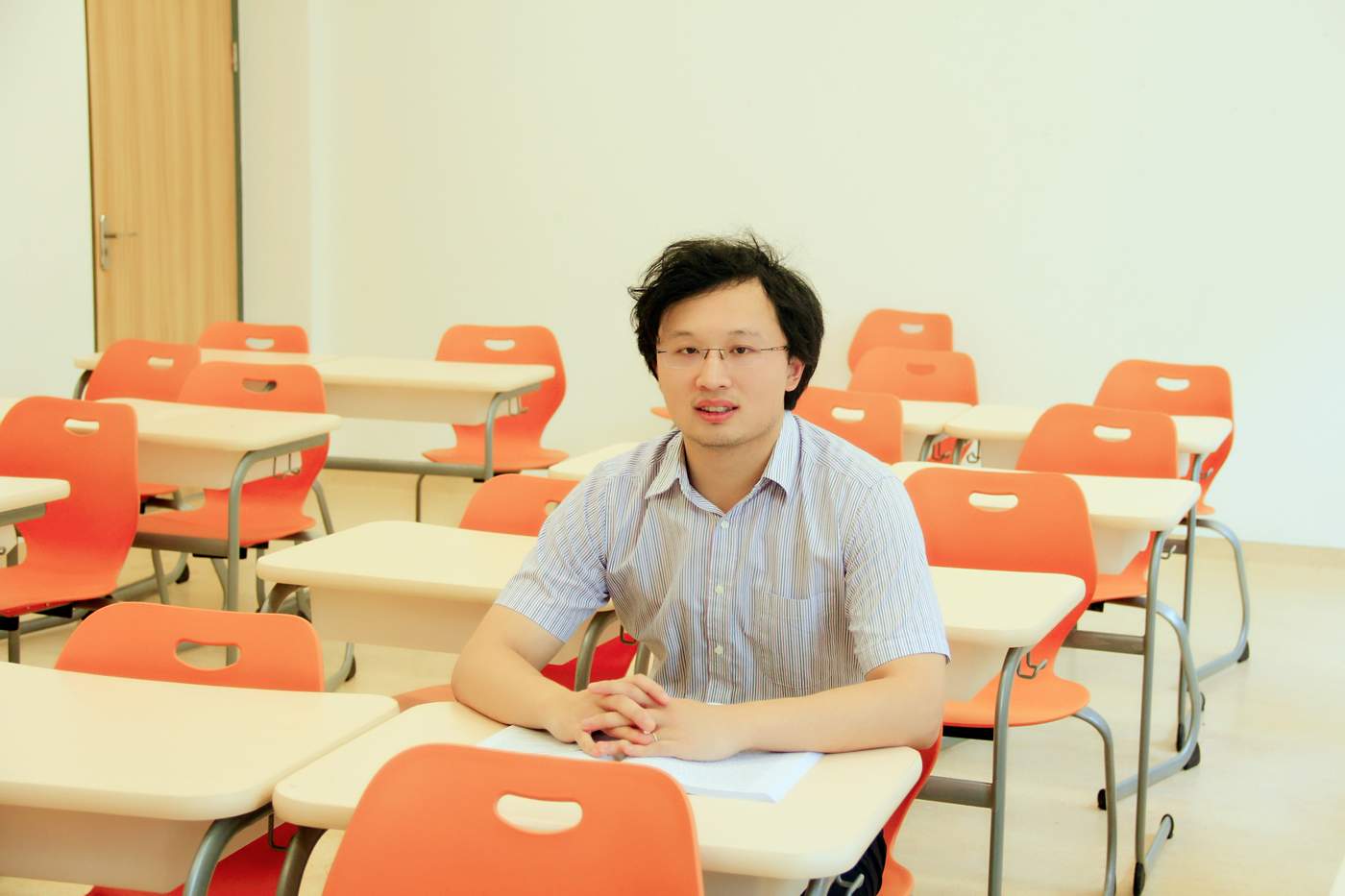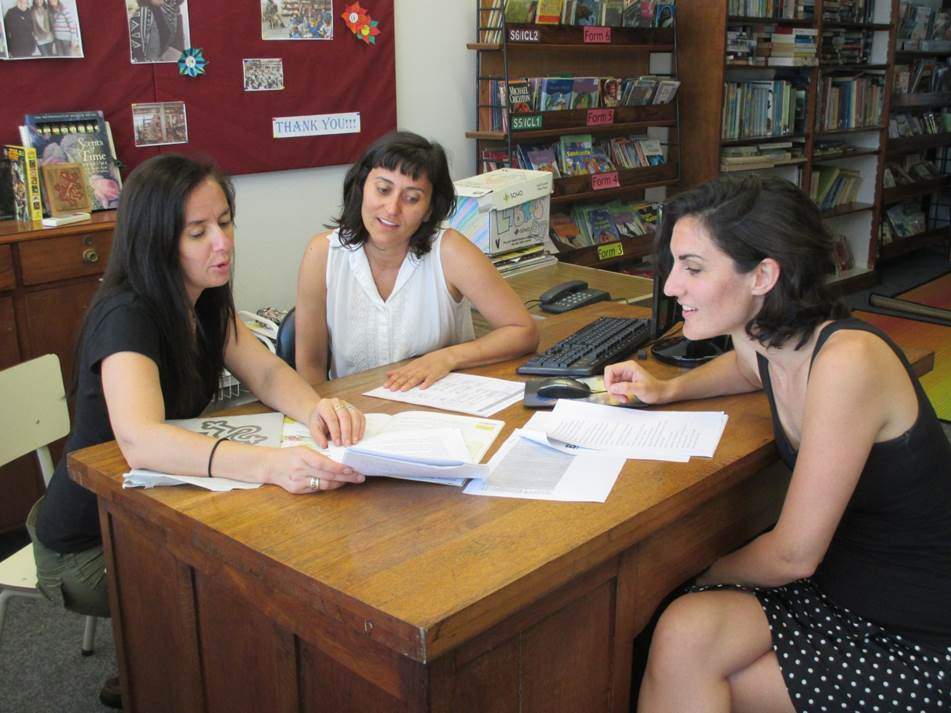Cambridge Professional Development Qualifications (Cambridge PDQs) help teachers and school leaders to apply new ideas and approaches and to become reflective practitioners. Learning draws on teachers' and leaders' own teaching and learning environment making the qualification immediately applicable and improving professional practice.
Below you will meet four Cambridge PDQ candidates. You will hear their motivations for engaging with professional development, their learning journey: all the highs and lows, who supported them to reach their goal, what impact the Cambridge PDQ has had on their practice as well as their future plans regarding professional development.
I was keen to take part in a programme which was not a one-day event. The Cambridge PDQ programme appealed to me as it would give me time to learn with and from my colleagues. I had taken part in curriculum and content PD before, but I had not had experience of a programme such as this, so I was very excited about taking part.
“The whole school, including the leadership team supported this programme as we all wanted it to be successful”
There were initial problems regarding finding mentors for us all and to then ensure that our timetables were compatible to enable us to meet regularly with our mentor and for them to observe our lessons. Luckily our school was keen for us to complete the qualification and so supported the programme leader and created flexibility for us around the timetabling.
“to really begin to understand how we learn and how to scaffold language learning was exciting”
During the programme our programme leader signposted us to many resources on language awareness and strategies such as Content and Language Integrated Learning(CLIL). As a group, we were all motivated to learn more about these different strategies and so we also carried out a lot of research on our own and shared the resources with each other. When we met face to face we could then discuss what we had read and how we had used this learning in our teaching. This is an aspect I really enjoyed. I felt that there were a lot of people around me supporting me with my learning and that was very motivating.
To develop my portfolio the programme leader held support sessions. These came after our teaching practice and so I was able to receive support in how to collate my evidence and then reflect on my learning. I must admit, that I bombarded my programme leader with many questions! But she was very patient and showed me sample writing texts and a model portfolio so I knew how everything needed to be. My programme leader and I would discuss my draft assignments and she would give me very useful feedback.To be honest, I think my success on this course was due to the support of my programme leader and the support we all gave each other.
“My confidence grew so that I could ask my learners for their feedback on the lesson. This was a powerful support for my reflections and something I still do now”
My practice developed quickly as I was keen to try my new learning in the classroom during the programme. As my teaching strategies developed I realised that my learners were working much harder and that they were more tired. I reflected that I had always planned for Higher Order Thinking (HOT) activities in my lessons, but that I did not always achieve these. During my post-observation discussion with my mentor, I could really analyse what was working in the lesson. It was then that I realised I needed to improve my questioning techniques, introduce more wait time and sequence the activities to include language building more explicitly. As I adapted my teaching I saw that the learners were more cognitively stimulated and were accessing the curriculum more easily.
Once I had gained the Certificate in Teaching Bilingual Learners I moved into a coordination role. This has allowed me to implement the strategies I have learnt across the whole school. I now carry out many observation of teaching practice myself and have brought the learning I gained on the programme to this role. The area I enjoy most about my role is that I can share my experience of learning. I always state that I am not the expert - that we can learn together. I am continuously learning from my teachers as I encourage them to try new teaching strategies in the classroom. We have become a school where language awareness is at the heart of our teaching.
Next steps
1. Reflect on your own professional development needs
It is good to take time to reflect on your own professional development needs. You will want to consider what areas of your practice you would like to develop. You can carry out a small amount of research to help you with your thinking. You can incorporate your last review, discuss your practice with a colleague whose opinion you trust and who will be honest. Look at the year ahead and see if there are changes which you may need more support in.
2. Explore different Professional development offers
Once you have reflected on your own needs, look at what is on offer in your school and local area. Ask colleagues what PD they have taken part in.Think about how you like to learn best as well as the outcome you are hoping to gain.
3. Read the Cambridge Professional Development syllabus
Now you have an understanding of how the qualifications work in practice, read the syllabuses to explore the learning you will be engaged in.
4. Find your nearest Cambridge PD centre
We have over 100 centres globally, and the network is growing! Contact our customer services team to find out where your nearest centre is.
If there is not a centre close enough to you, or you are interested in your school becoming a Cambridge PD centre then read our support pages
5. Measuring success
It is important at this stage to think about how you will measure the impact of your professional development activities on your practice and on your learners. If you have thought of this early on you will be able to design a simple measure and share with colleagues. This will help you in evaluating how successful your professional development programme has been.
Contact us
To find out more about Cambridge PDQs, please visit our website.
Customer services: +44 1223 553554
Email: info@cambridgeinternational.org


